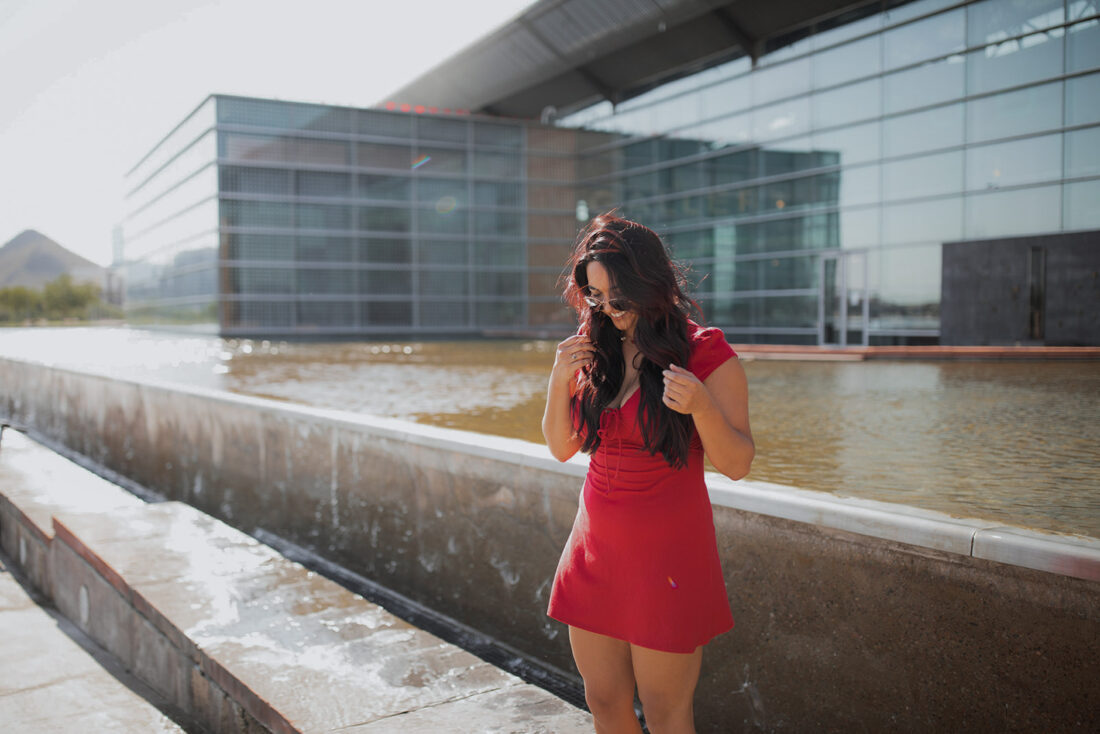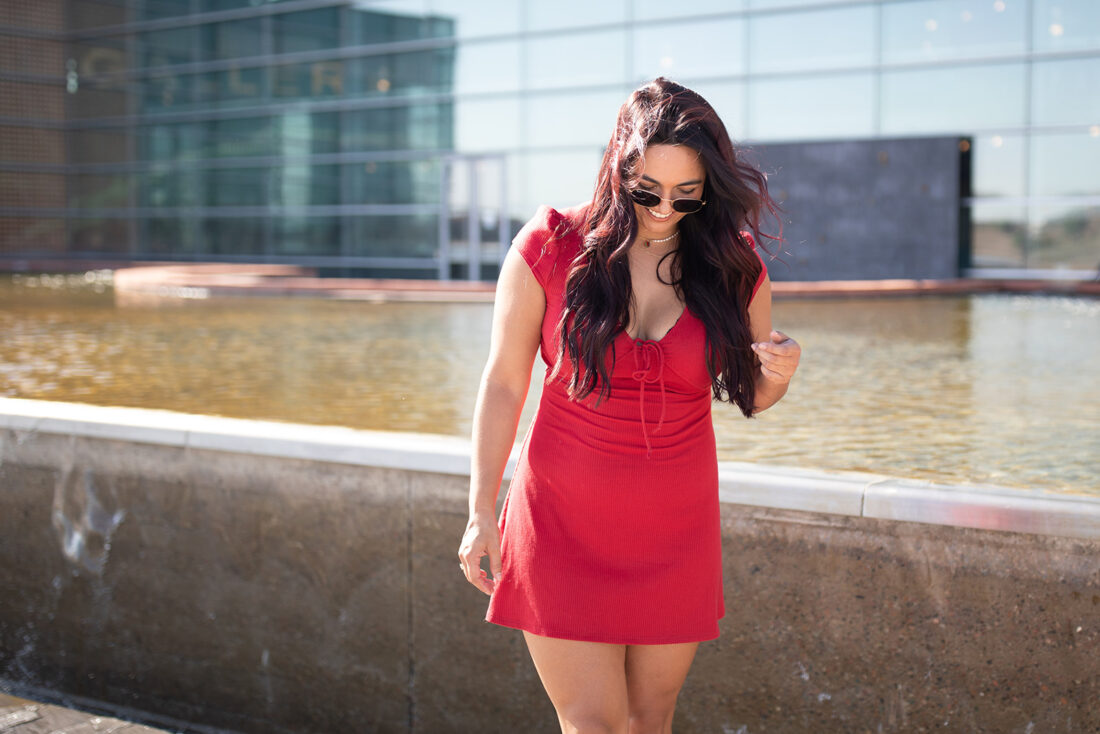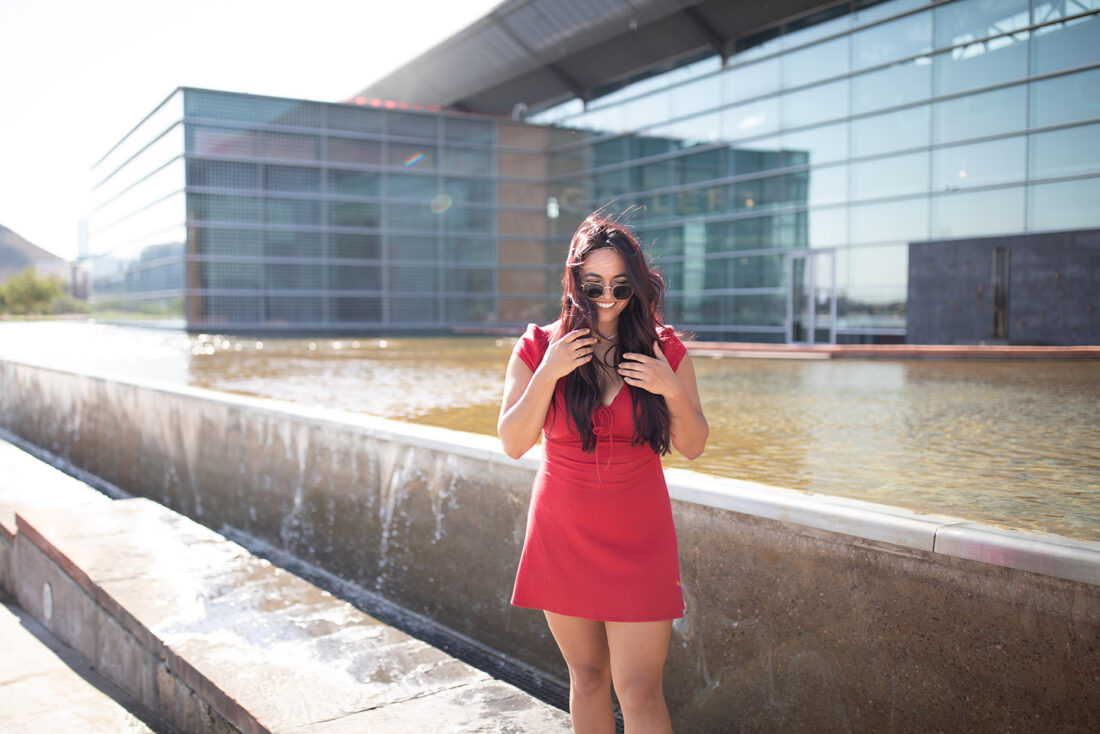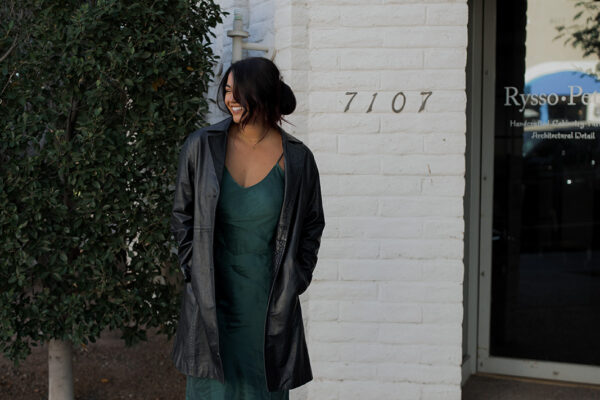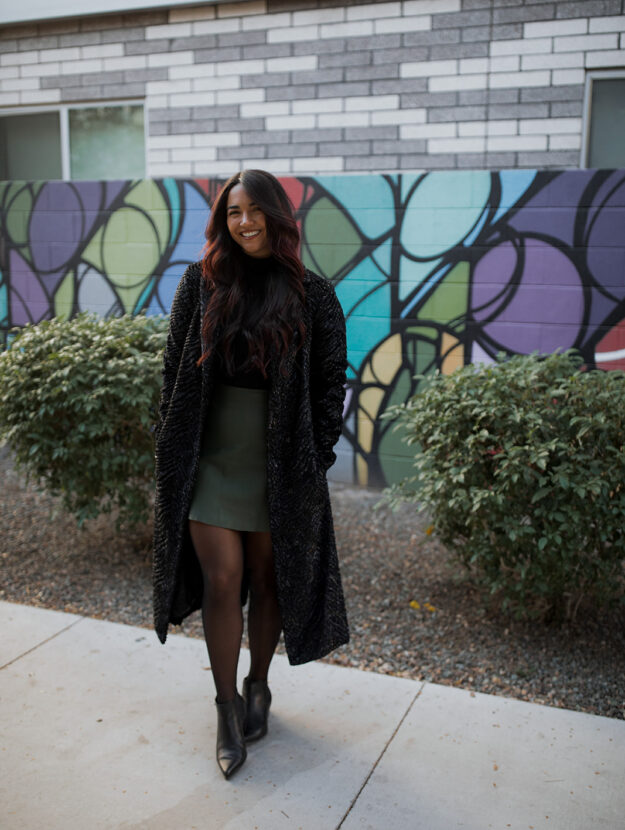It’s no surprise that thrifting has become a bit of a trend at the moment. While I’ve been thrifting for years, the rise of “vintage” and “Y2K” trends on social media means that youths are now raiding the secondhand stores looking for good finds. On one hand, I love to see the rise in popularity of circular fashion. Wearing our items as much as possible before throwing them away is the most important way to reduce our consumption.
However, you can’t forget about the law of unintended consequences. The rise of vintage fashion means a rise in clothing resellers, who often source at thrift stores and markup to a higher price on their own platform. There has been a definite uptick in “thrift hauls” or “thrift flip” videos on YouTube. Does that mean secondhand shopping isn’t as ethical as we think?
Does thrifting take away clothing from people who really need access to low-cost clothing?
This is always the most common anti-thrifting argument. Personally, I think this is the easiest argument to debunk. The majority of clothing donated to stores actually isn’t resold. There is simply too much to resell all of it.
No matter what, I think the rise in popularity is good and means that even more people than before are extending the life of existing clothing. Shopping from secondhand stores can also mean you are supporting the circular fashion economy and not supporting fast fashion retailers. I always say to spend your money in alignment with your values, so if sustainability is important to you, this is a great way to do that.
What about second clothing resellers?
I used to have a problem with it but, again, it’s just more people shopping secondhand. While the markup on vintage clothing from resellers can be a bit expensive, I try to remember that they are putting in the work to:
- Go to their local thrift store
- Spend the time going through the store
- Cleaning the item
- Styling, photographing and measuring the item
- Shipping the item
Essentially, resellers are doing the hard work of thrifting for you. They’ve already found the “good” finds.
And I go back to my original point – so much clothing is thrown away or donated, there is no shortage of supply at thrift stores.
What should I stay away from when thrifting?
Now, thrifting does come with an ethical gray area. Thrift hauls still encourage overconsumption and the demand for oversized items may take away from plus-size clothing options.
These are two of the things that I would say are the biggest issues within the secondhand industry.
Overconsumption is still overconsumption. Try to thrift with a plan in mind and only buy what you need.
Second – try to stay away from plus-size secondhand clothing if you don’t need it. Of all the sections in thrift stores, the plus-size clothing has the most limited options and receives the fewest amount of donations. Plus-size clothing is considered to be a high-demand clothing item at most secondhand stores, year-round. It’s best to leave those items for those who really need it.
Things to Remember:
The best “thrifting” can be done in your own closet.
Before going to a thrift store, check your own closet. Every time I clean mine out, I regularly find something I don’t wear. Several times, I’ve been really happy with finding new ways to wear it.
Shop secondhand first.
If you’re “missing” something in your closet, try to buy a high-quality secondhand piece first.
Try to stay away from plus-size pieces.
See above.
If your purchase new, purchase something high-quality with the intention to wear for a long time.
If you are unable to find what you want secondhand, try to purchase the most high-quality item you can. If you are financially able, try to stay away from fast fashion sites. Not only are there moral and ethical problems with fast fashion sites, but the clothing is low quality and will not hold up.
Remember, most clothing can’t be resold or donated.
Try to shop with intention. Try to remember that the piece you’re purchasing most likely cannot be resold or donated. If you shop with the idea that you alone are responsible for entire life-cycle of this clothing, you’re well on your way to shopping more intentionally.

